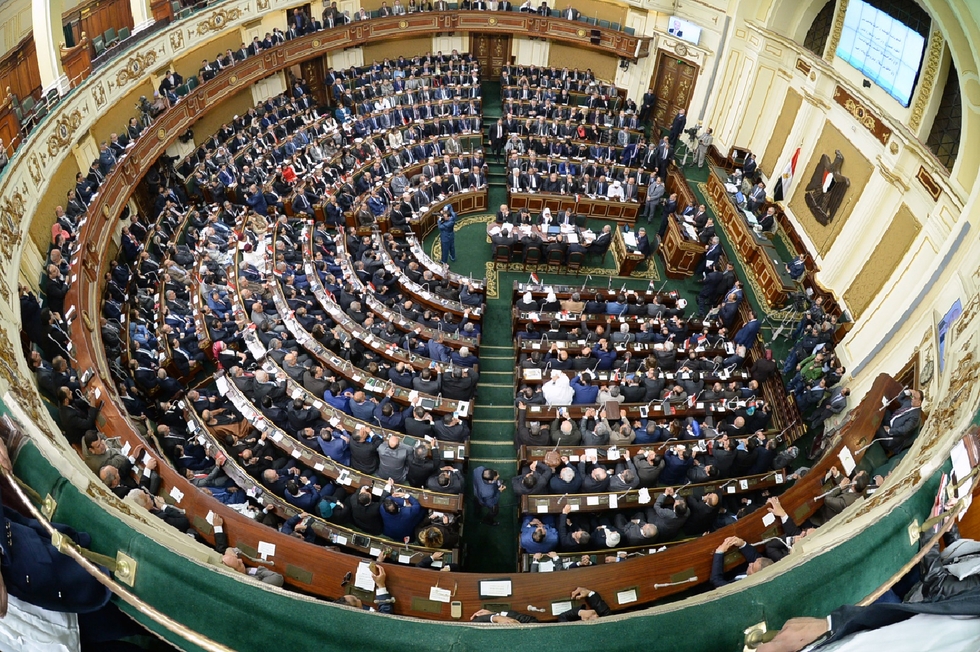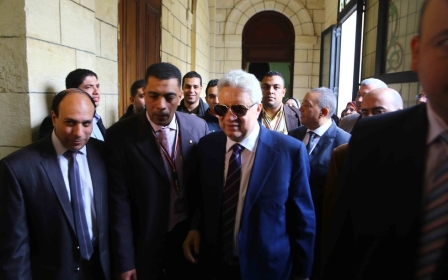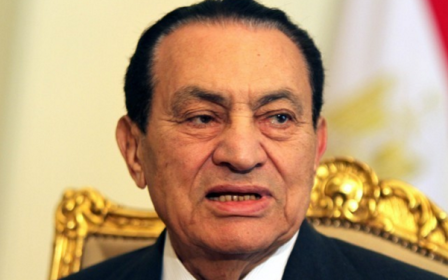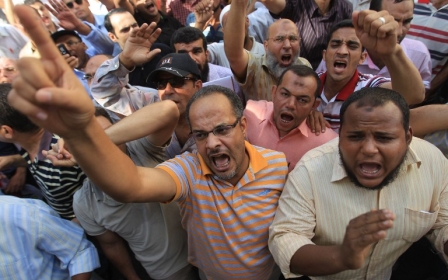Egyptian parliament approves dozens of laws in first voting session

After three years when it did not sit at all, the Egyptian parliament on Sunday approved dozens of laws including the controversial anti-terrorism law.
The 12-hour session was the first since parliament was dissolved by a court ruling in the middle of 2012, and came after the swearing in of new MPs on the first session on 10 January. Since that date, the new parliament is constitutionally obliged to review executive decrees within 15 days.
Around 400 decrees were issued by interim president Adly Mansour and current president Abdel Fattah al-Sisi in the two and a half years since July 2013, after the ousting of Egypt's first democratically elected president Mohamed Morsi.
Over 40 laws have since been ratified.
There are 568 elected members, with parliament dominated by a majority of the pro-Sisi "Support Egypt” alliance.
The anti-terrorism law was issued last July in the aftermath of the assassination of the prosecutor general Hisham Barakat, and was ratified by Sisi the following month.
It sparked opposition and condemnation from activists and human rights organisations for what they say is a law that protects the state and not the citizen, and for imposing sentences that range from five years' imprisonment to the death penalty for anyone who is found guilty of “inciting, preparing to incite, directly or indirectly a terrorist act”.
The law, which was passed with an overwhelming 457 votes to 24, also protects the military and the police from legal consequences for what it calls the proportionate use of force.
The law also stipulates a fine for journalists and media outlets who "misreport" official narratives and statements, or publish material on attacks or security operations that have not been confirmed by the government.
Opposition legislator Mohamed Salah Khalifa, a leader of the Islamist Nour Party, which holds just 12 seats after controlling about a quarter of the previous parliament, said the law employed ambiguous wording.
"I fear that it will be used broadly when it is applied," he said.
"The (anti-terrorism) law was imposed during exceptional circumstances when the country was exposed to danger but, after these dangers subside, there should be a balance between protecting the state and its institutions and preserving human rights."
Another contentious decree that was ratified was the amended prison law, which allows prison authorities to use force on the basis of self-defence against attempted cases of prisoner escapes or prisoners refusing orders.
Rights advocates have argued this may further extend the powers of prison administrators to use force in a system that is already rife with abuse and torture.
New MEE newsletter: Jerusalem Dispatch
Sign up to get the latest insights and analysis on Israel-Palestine, alongside Turkey Unpacked and other MEE newsletters
Middle East Eye delivers independent and unrivalled coverage and analysis of the Middle East, North Africa and beyond. To learn more about republishing this content and the associated fees, please fill out this form. More about MEE can be found here.




